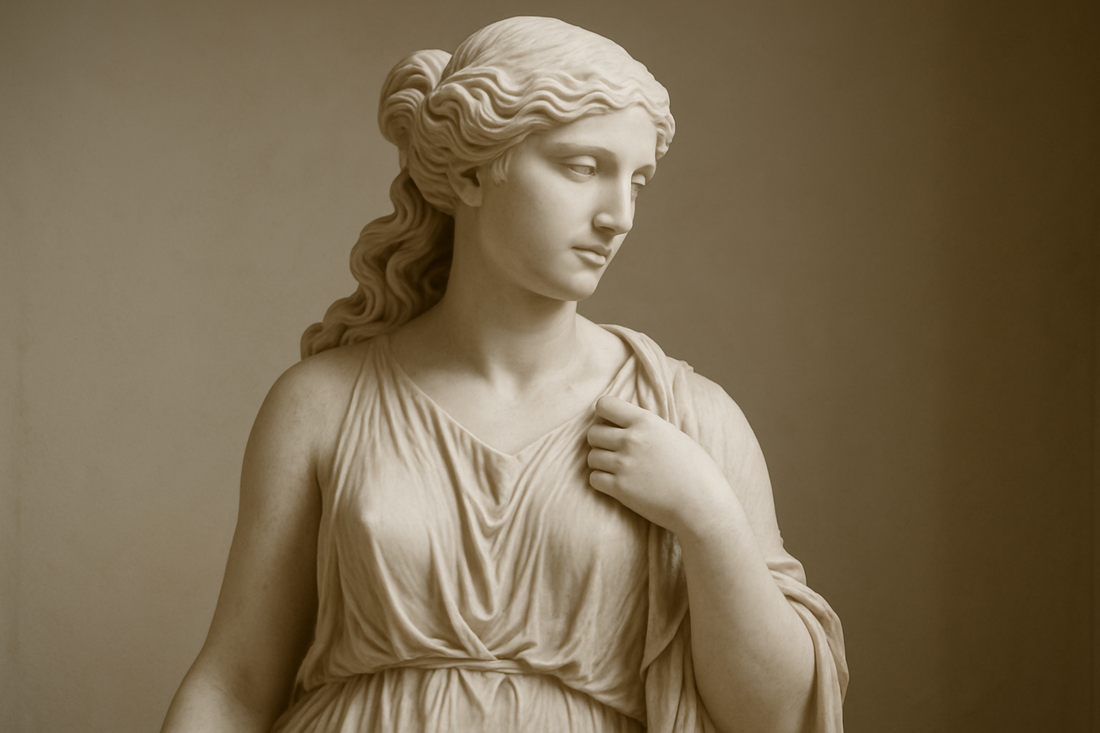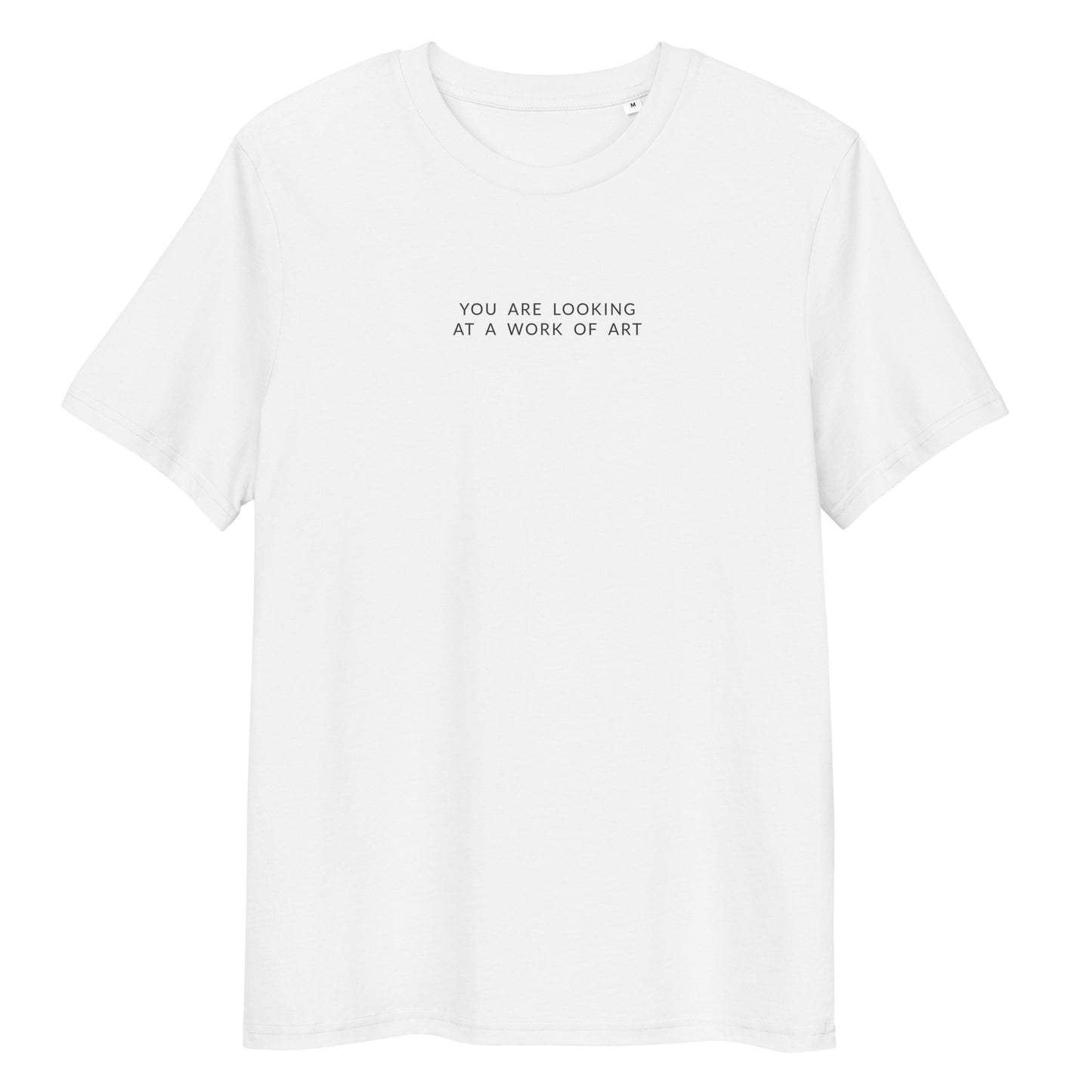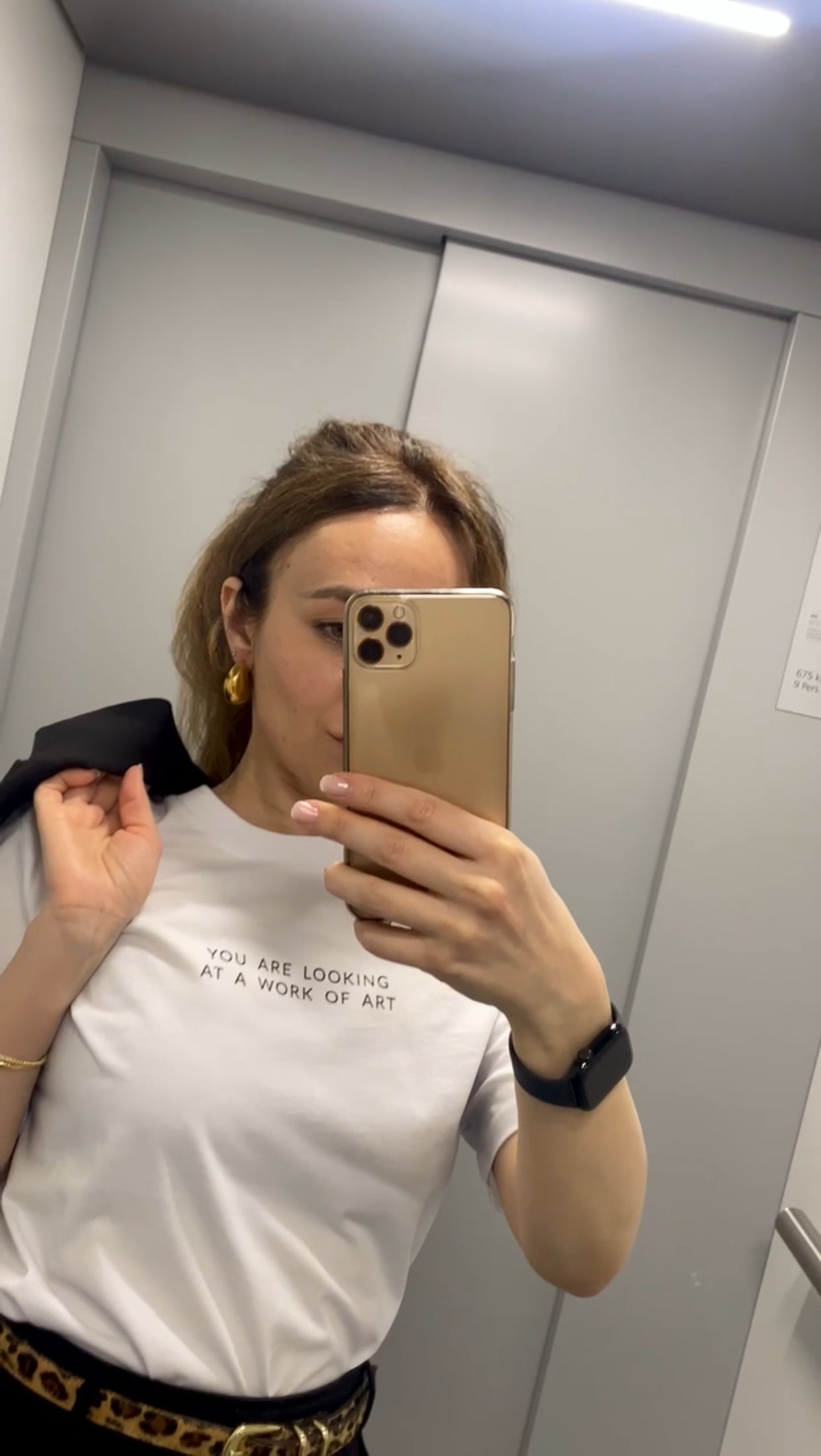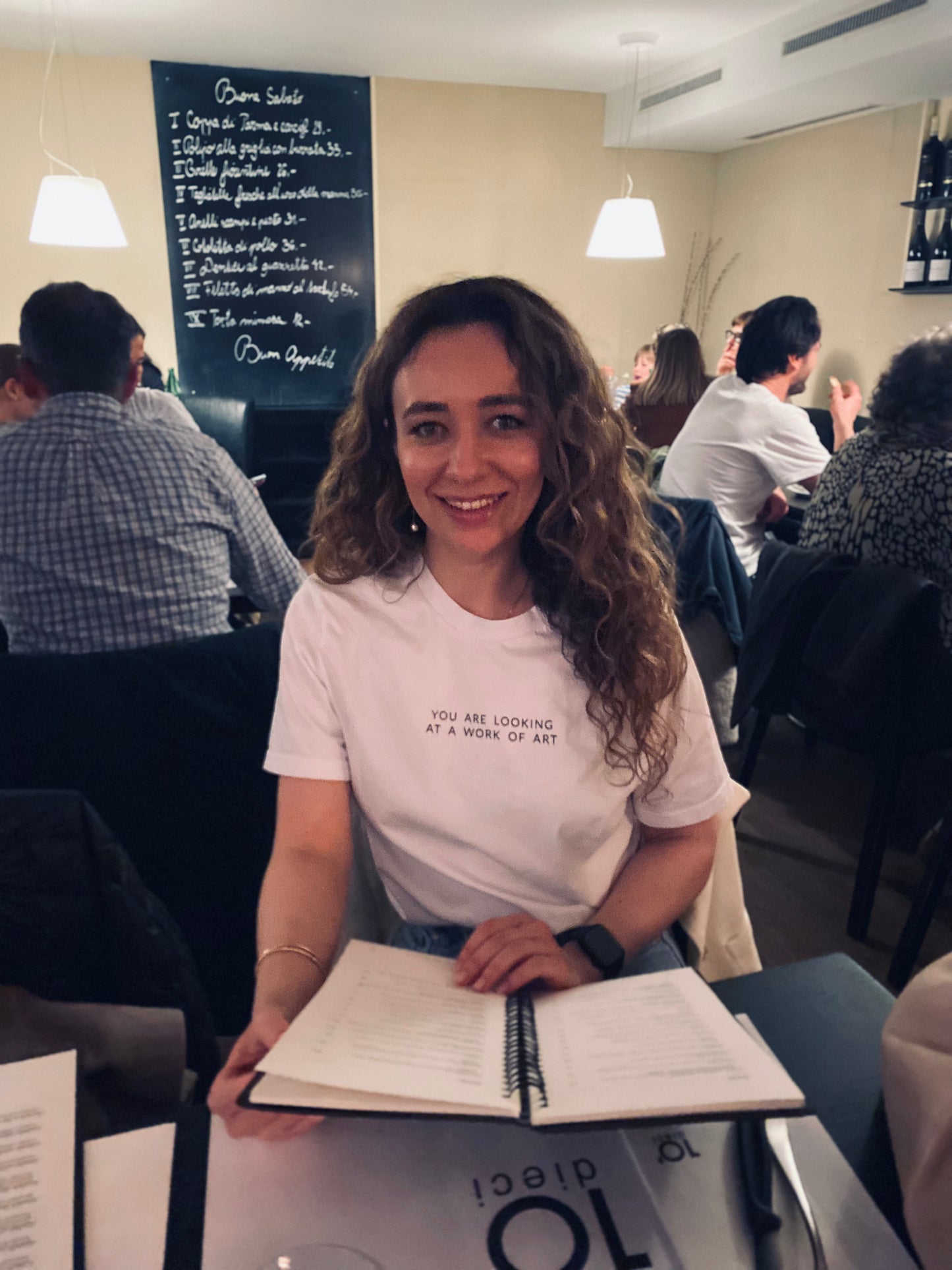
Thoughts on Elegance: The Timeless Art of Graceful Living
Share
Elegance is much more than clothing, trends, or outward appearances. At its core, it is a way of being — a philosophy that shapes how we move through the world, interact with others, and create harmony in our surroundings.
Throughout history, elegance has been admired as a reflection of refinement, intelligence, and social awareness. In 18th-century France, the concept of élégance was not only about fashion, but also about manners, gestures, and cultivated taste. French salons of the Enlightenment era, for example, valued subtlety and graceful conduct over ostentation — a culture where poise, conversation, and attention to detail defined one’s presence.
Modern social psychology echoes these timeless observations. Research shows that people perceived as elegant are often seen as more competent, composed, and trustworthy. Elegance is a form of nonverbal communication: it conveys respect, awareness, and consideration without the need for words. This is why small gestures — a carefully chosen accessory, a thoughtful pause, or a well-curated interior — can speak louder than any flashy display.
Practical elegance emerges in the mindful attention to everyday life. The French philosophy of art de vivre teaches that beauty and grace are found in the little things: the rhythm of a slow morning coffee, the careful arrangement of flowers, the balance of color and texture in a living space. Each gesture, no matter how small, contributes to a sense of harmony that is both visible and felt.
True elegance does not seek attention; it whispers rather than shouts. It leaves a lasting impression through subtlety, refinement, and poise. It is an embodied quality — an alignment of mind, body, and environment — that transcends trends, social pressures, and fleeting fashion.
In a fast-paced, noisy world, elegance offers a counterpoint: a space to slow down, observe, and cultivate thoughtful choices. To live elegantly is to recognize the beauty in everyday moments, to move through life with grace, and to let our surroundings, actions, and presence reflect quiet mastery.
Elegance is timeless because it is not just visual — it is experienced. It is felt in how we carry ourselves, in the gestures we extend to others, and in the environments we create. Ultimately, it is an invitation: to live with attention, intention, and a quiet, enduring grace.







